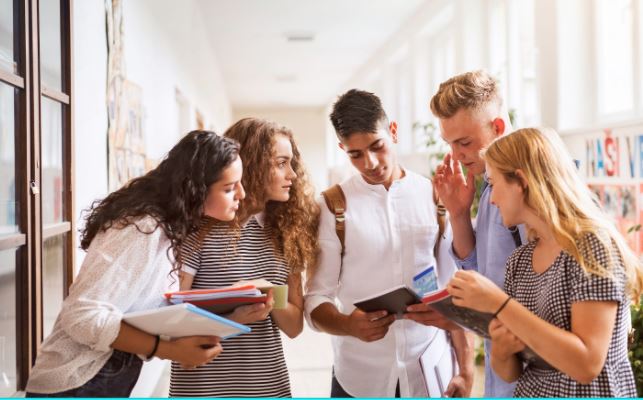Uncharted Waters: Student Experience and Covid-19
By Professor Jackie Labbe, Pro Vice-Chancellor (Academic), De Montfort University, Leicester
Once upon a time we were in an academic year where we only had to navigate our way through the complexities created by industrial action. The impact on teaching and learning was heavy, but we had been there before and while our maps were blurred and incomplete, we had experience to help fill the gaps. COVID-19 has not only erased all our maps, it has steered us to the kinds of territories populated by unknown beings: dragons, unknown and unknowable creatures.
As educators, it’s our responsibility to ensure that the students we have committed to guide through their learning journey do not themselves fall prey to such threats. Our structures are built to withstand many and repeated storms – but what about when it feels, to many, so cataclysmic, an upturning of all we know how to do?
Over the past few months, across the world, we have seen universities responding to COVID-19 with a creative brio that academic institutions are often accused of lacking, at least when it comes to teaching and learning. Conservative resistance to change has been replaced with competence in, if not yet full mastery of, online delivery. We’re utilising a variety of tools to allow for both synchronous and asynchronous teaching and learning across the full spectrum of disciplines. From collaborative performances coordinated across many households to speculative and reflective STEM work to inspiring and newly-energised recorded lectures and real-time seminars: teachers in all disciplines have risen to the call.
But it’s an anxious time. We have learned how many of our students rely on campus provision for access to standard computer equipment and wifi. We have responded to these needs as well as we are able, with some institutions, including my own, loaning as many laptops to students who need them as we can.
We have had reinforced how too many students, when directed to leave campus and go home, had no homes to go to, and rapidly diminishing access to money to support themselves, and we have increased our Hardship Funds levels and found ways to feed these students and supply those in self-isolation with medicine.
We have seen how even a measured move to online teaching, let alone the rapidity we have had to employ, brings into sharp focus the specialised nature of studio-, lab- and workshop-based programmes. How do you complete your final portfolio of work or project if your models or pots or engines or cultures are locked up in lockdown?
And we have worried with our students about health and well-being, and are trying to mitigate the impact of this worry and anxiety through safety-net and no-detriment approaches that themselves carry risks and, incidentally, uncover complications related to our varying academic calendars and patterns of assessment. Students and staff want answers, senior leadership wants to give them, and they are not always readily evident.
The impact on the student experience is manifold. It crosses all boundaries, merging the curricular with the co-curricular with the extra-curricular. The tremendous efforts by staff, academic and professional services alike, are demonstrating the very best work that we could hope for to support and maintain effective pedagogy in a changed world. I have been amazed, gratified, but not surprised by how colleagues at De Montfort University pulled online versions of their modules out of the Easter Bunny’s top hat within days, and followed that up with a rational and thoughtful revisioning of the upcoming exam period, all in an effort to support our students’ learning as much as possible.
As we now start to contemplate our next steps (online? on campus? a mixture?), I am confident we can look to this activity as the bedrock on which we will build the higher education our students, and our global sector, needs now, without losing sight of the substance we have always treasured. We will do this learning, together, as a community of knowledge-seekers, as we explore these new uncharted waters.



